Israel’s Humanitarian Aid Efforts
September 20, 2011
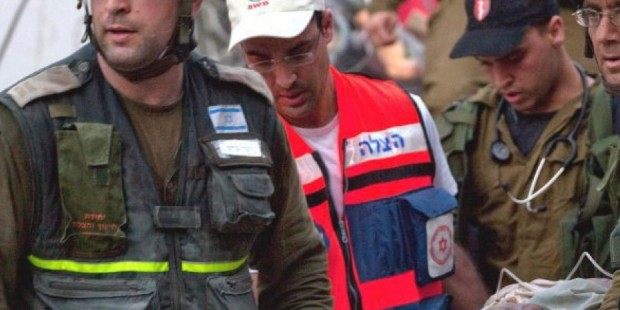
Israel has a long-standing tradition of extending aid to alleviate hunger, disease and poverty, as well as in the wake of natural disasters and terrorist attacks beyond its borders.
Israel on the frontline of international aid
A first response team after the devastating Haiti earthquake; decades of humanitarian assistance and capacity building in Africa; emergency medical aid and transfers into Gaza: the Israeli government and its people show exemplary levels of humanitarian aid, both internationally and locally.
Even after years of provocation, rocket attacks, and bombings, Israel defies terror organizations and works to uphold the highest standards of assistance and support to civilians everywhere, whether it’s in Asia, Africa, Europe, Iraq, or the West Bank and Gaza.
Israel has a heightened sense of humanitarian awareness and responsibility. With aid teams poised to respond in the wake of natural or man-made disasters anywhere in the world, Israel’s 200-strong relief team was the first on the scene in January 2010 after the earthquake hit Haiti. Israel helped save thousands of lives.
By tragic circumstance, Israel is a world leader in handling mass casualties. No other country can dispatch search and rescue teams and field hospitals as fast and effectively.
Israeli efforts also include relief to New Orleans after Hurricane Katrina, and first response aid in the wake of the 2004 tsunami with 60 tons of international aid to Indonesia, and 82 tons of relief to Sri Lanka alone.
After the 2005 earthquake in Kashmir, the Israeli Flying Aid group sent a mission to give supplies and shelter for thousands of families.
In 2009, Israel medical teams provided relief to storm victims in the Philippines and food aid a year earlier to the Congo.
Israel’s inclusion in the OECD, the 31-member economic forum, in 2010 demonstrates Israel’s commitment to upholding the highest levels of humanitarian commitment.
A history of helping beyond borders
Through various governmental organizations like MASHAV, Israel’s Agency for International Development Cooperation, and non-governmental organizations, Israel has a long-standing tradition of coordinating relief to alleviate disease, hunger, and poverty.
Starting 10 years after its founding, Israel adopted an official humanitarian aid agenda, providing vital relief to more than 140 countries. Among those countries receiving aid are nations that do not maintain diplomatic relations with Israel.
Since 1959, Israeli doctors have been offering eye camps to treat ocular diseases to people throughout the developing world.
In 1970 Israel started opening its doors to the world’s refugees. It has saved non-Jewish people in distress and those seeking refuge from countries such as Lebanon, Egypt, Iran, Vietnam, Bosnia, Kosovo, Eritrea and Sudan.
Since 1995 Israeli doctors acting through Save a Child’s Heart have been giving kids from around the world, including from the Palestinian Authority (PA), Iraq, Jordan and other Arab nations free life-saving heart operations. Since the organization first started 2,300 children have been treated, and almost half are from the PA, Jordan and Iraq.
The Gaza Strip: The humanitarian lifeline
Despite attacks by Hamas, Israel maintains an ongoing humanitarian corridor for the transfer of perishable and staple food items to Gaza. This conduit is used by internationally recognized organizations including the United Nations and the Red Cross. The Gaza Coordination and Liaison Administration works together with international organizations to respond to the needs of the Palestinian population in Gaza.
In 2009 –
738,576 tons (30,576 trucks) of humanitarian commodities were transferred to the Gaza Strip.
22,849 Palestinians exited the Strip, among them 10,544 patients and their companions, exiting for medical treatment in Israel.
21,200 international organization staff members entered the Gaza Strip.
4,883 tons of medical equipment and medicine entered the Strip, in 572 trucks, based on requests made by the PA and the international community.
At the Cabinet meeting of 22 March 2009, the Government of Israel instructed the bodies dealing with the matter, to enable the entry – without restriction – of foodstuffs to the residents of Gaza from all relevant sources in the framework of the humanitarian efforts.
Well over a million tons of humanitarian supplies entered Gaza from Israel from January 2009 – May 2010, equaling nearly a ton of aid for every man, woman and child in Gaza. Food and supplies are shipped from Israel to Gaza six days a week, channeled through aid organizations or via Gaza’s private sector. Millions of dollars worth of international food aid continually flows through the Israeli humanitarian apparatus, ensuring that there is no food shortage in Gaza.
Essential food products including meat, chicken and fish, grains and legumes, oil, flour, oil, salt and sugar, fresh vegetables and dairy products, in addition to agricultural produce, animal feed, hygiene products, clothing and medicals supplies are among the goods that are regularly delivered to Gaza. Fertilizers that cannot be used to make explosives are shipped into the Strip regularly, as are potato seeds, eggs for reproduction, bees, and equipment for the flower industry.
In 2009, Israel coordinated the transfer of medical supplies for the disabled including wheelchairs, crutches and first aid kits. Other equipment shipped to Gaza include heart-monitors, baby feeding tubes, dental equipment, medical books, ambulance emergency equipment, artificial limbs and infant sleeping bags. In February 2010, Israel facilitated the transfer of mammogram equipment for breast cancer diagnosis, and the first CT machine in Palestinian Red Crescent Society hospitals in the Gaza Strip.
Israel transfers school equipment supplied by UNRWA including notebooks, school bags, writing implements and textbooks, and is coordinating the transfer of 200,000 laptops for Gaza schoolchildren.
Gas for domestic use (cooking and heating) is supplied according to Palestinian demand and is not subject to any limitation by Israel. After the fuel depot at Nahal Oz was repeatedly attacked by Palestinian terrorists from the Gaza Strip, it was forced to limit its operations. The Kerem Shalom crossing has since been adapted to the transfer of fuel and a new gas line with double the capacity to transfer gas was built.
Coordination and processing of requests regarding humanitarian infrastructure, such as water, sewage and electricity systems, in the Gaza Strip is conducted between COGAT and the Palestinian Authority. While the import of cement and iron has been restricted into Gaza since these are used by the Hamas to cast rockets and bunkers, monitored imports of truckloads of cement, iron, and building supplies such as wood and windows are regularly coordinated with international parties.
Israel maintains a corridor for the transfer of medical patients out of Gaza, and about 200 medical staff members go through the crossings every month.
In addition to medical evacuations, the Erez Crossing enables two-way traffic of international organizations’ staff between Israel and Gaza as well as Gaza residents with various humanitarian needs.
Improving Palestinian quality of life in the West Bank
The quality of life in West Bank cities like Nablus, Ramallah, and Qaliqilya is on the rise. Culture and leisure activities are increasingly available to West Bank Palestinians who enjoy movies, health clubs, malls, restaurants, and music festivals.
In 2009, the West Bank enjoyed a significant economic recovery, with economic growth reaching an unprecedented 8% – a continuation of positive trends reported in 2008. Macroeconomic conditions in the West Bank have improved during 2009, mainly thanks to measures taken by Israel to support economic activity, improvements in the security situation in the West Bank, the continued financial support of the international community to the Palestinian Authority and increased foreign investment. This economic growth is reflected in an improved quality of life for the Palestinian population. There is an increase in new real estate projects, both residential and commercial. Rawabi, the first planned Palestinian city, is being built with the help of Israeli consultants. The West Bank boasts one of the world’s strongest stock exchanges, the Palestinian Securities Exchange, (PSE), which grew 12.5% last year. It is ranked 33 among international stock exchanges and second in the region in terms of investor protection.
An Israeli Cabinet Ministerial Committee, chaired by the Prime Minister, was established in May 2009, dedicated to facilitating economic projects for the Palestinian population in the West Bank and removing obstacles to economic growth. The establishment of this Committee reflects the high priority accorded by the government to Palestinian economic development. Its objectives include examining ways to encourage the movement of goods and people, removing impediments to the progress of economic projects in the West Bank, as well as eliminating bureaucratic impediments in this area.
There has been a substantial improvement of access and movement in the West Bank. Major Israeli checkpoints have been reduced from 41 to 14 today, greatly eliminating the restrictions imposed on Palestinians due to security concerns following terrorist attacks. Remaining checkpoints are now open 24 hours a day in most cases. In 2009, Israel issued 54,318 employment permits to Palestinians for work in Israel. Some 1,500 high profile Palestinian business people have open entry permits to Israel (2009).
In 2009, Israel made intensive efforts to upgrade and improve the capacity of the commercial crossings, including the Allenby Bridge Terminal to Jordan and upgrading the commercial crossings between Israel and the West Bank.
A number of infrastructure projects are currently in different stages of implementation in the West Bank. These projects will help improve the standard of living for the local population, including among others the upgrading of water, electriticy and sanitation infrastructures.
Similar posts
-

Israel Is Held To A Higher Standard Than Any Country
April 25, 2024In the intricate tapestry of global affairs, one nation stands out for enduring scrutiny and condem...
-
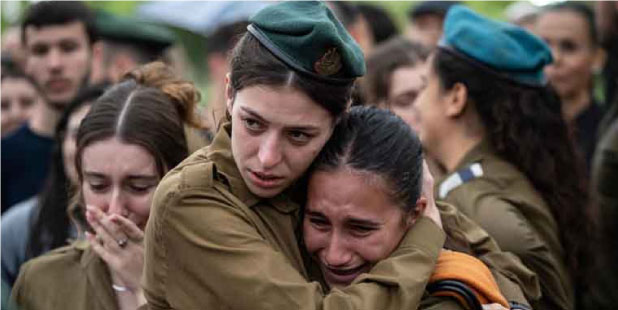
Israel Has The Most Moral Military In The World
April 10, 2024In the heart of a region often riddled with conflict, Israel stands out not only for its technologi...
-

The Resilience of the Israeli People
April 2, 2024Visitors from around the world have seen Hamas's October 7th Massacre's destruction in southern Isr...
-
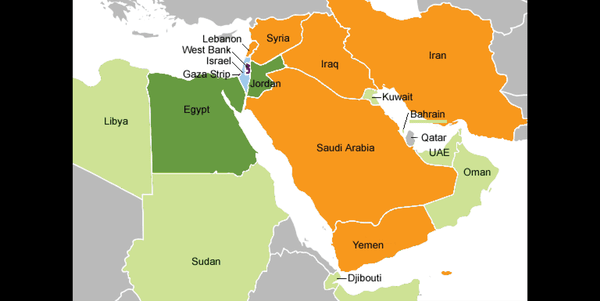
Israel: Small Size, Big Impact
March 21, 2024Nestled along the eastern edge of the Mediterranean Sea, Israel is a land of immense historical sig...
-
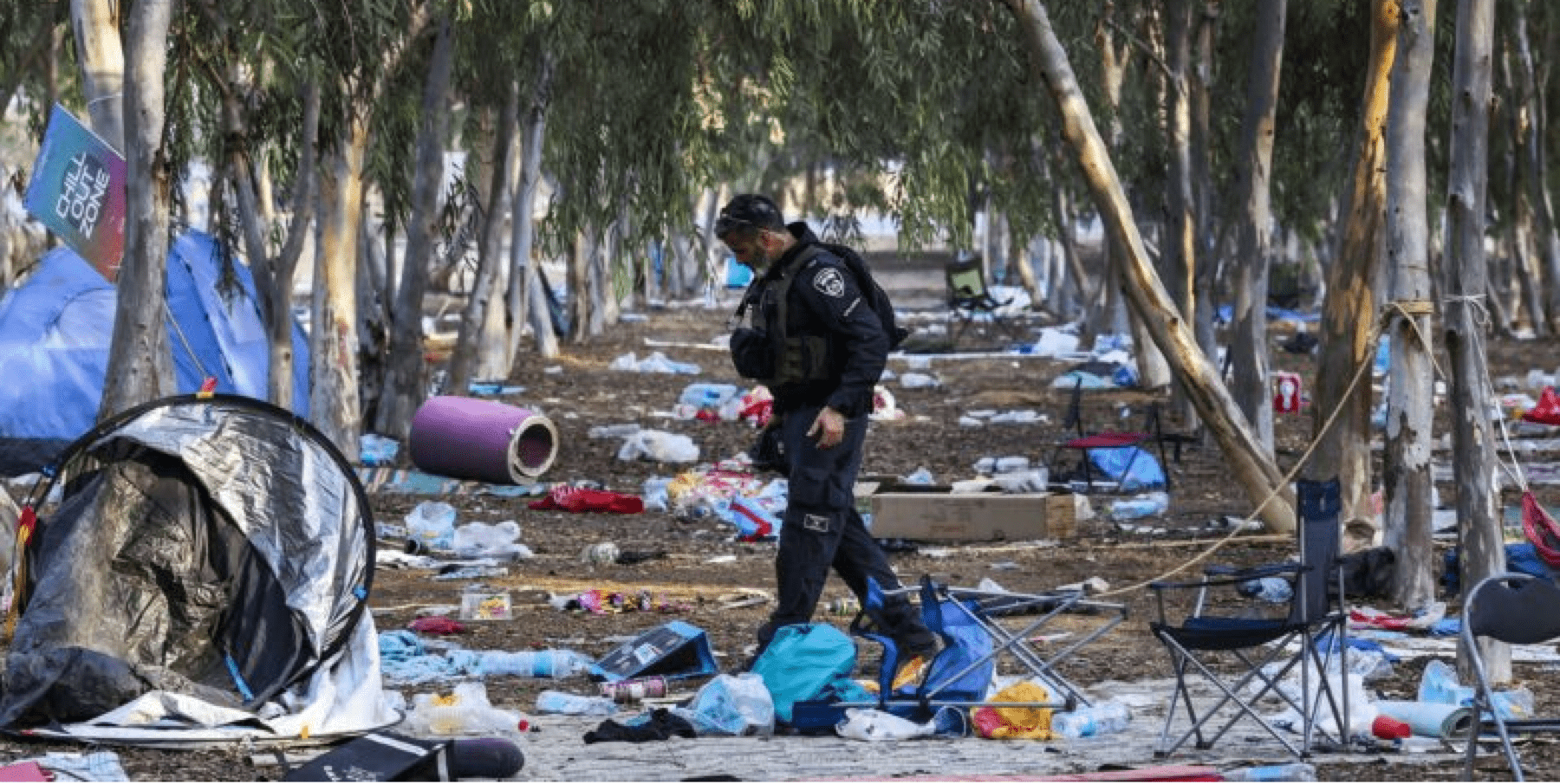
Israelis Are Fighting For Their Lives
February 21, 2024By Jonathan S. Tobin The world looks a lot different from Kibbutz Kfar Aza than it does in the U...
-
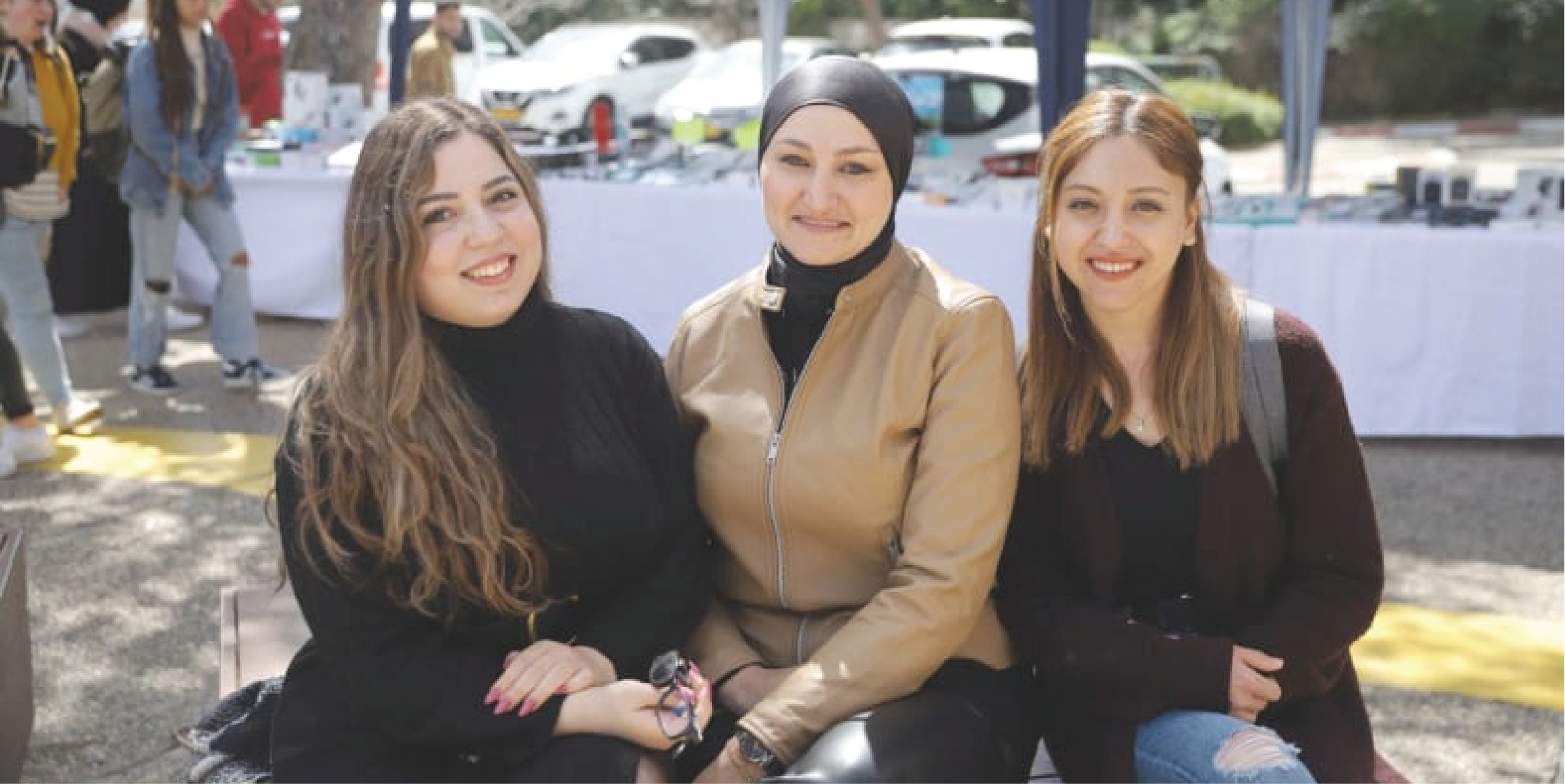
Over 2 Million Arabs Live In Israel
January 23, 2024In the complex landscape of the Middle East, where diverse cultures and identities intersect, Israe...
-
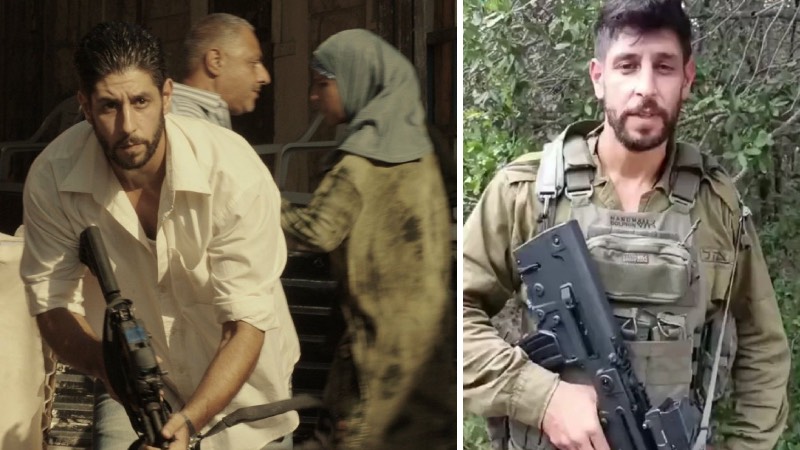
'Fauda' Star Idan Amedi Injured Fighting in Gaza
January 8, 2024Despite the severity of his injuries, Amedi's father assured Israeli news channels that his life is...
-

Israel Is A Great Country To Live In
December 28, 2023Nestled at the crossroads of the Middle East, Israel stands as a vibrant and dynamic nation, offeri...




















After the disaster in Haiti,the Israeli medical team gave first rate medical care but they were accused of only being there to steal body parts.
If that was not so sad it would be funny.